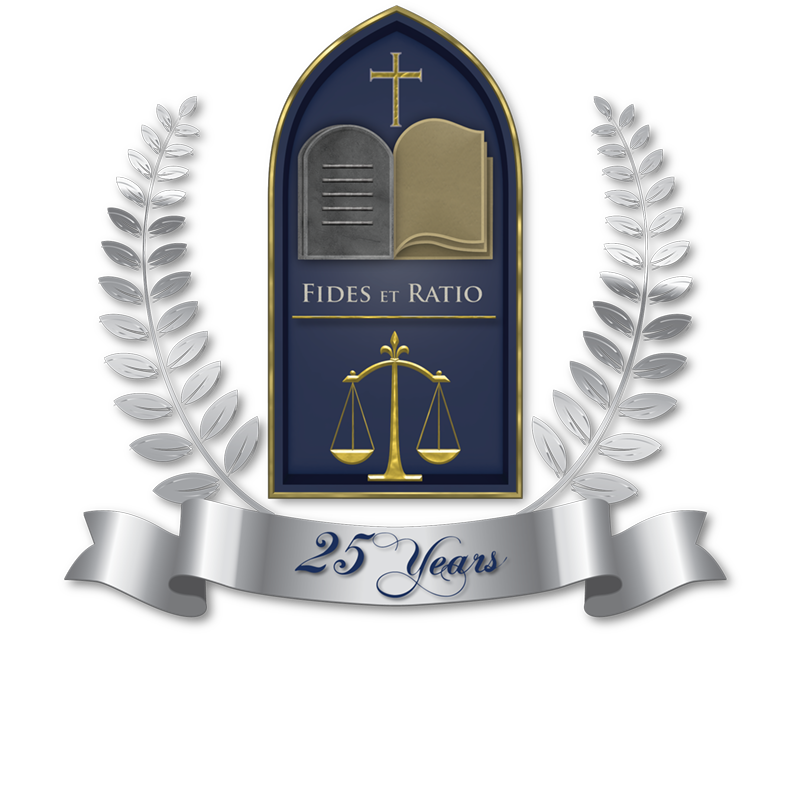Ave Maria Law Professor Analyzes Beatriz Case Ruling on EWTN
Ligia Castaldi Clarifies Misinterpretations of Inter-American Court's Decision on Abortion in El Salvador
NAPLES, FLORIDA – Dec 27, 2024 – Ave Maria School of Law
In an interview with EWTN Global Catholic Network, Ave Maria School of Law Professor Ligia Castaldi, an expert witness in the Beatriz case, explained the implications of the Inter-American Court of Human Rights’ recent ruling.
The case of Beatriz vs. El Salvador is a landmark ruling by the Inter-American Court of Human Rights (IACHR) that condemns El Salvador for violating the rights of a young woman who was denied an abortion in 2013.
The Beatriz case involved a young Salvadoran woman with severe health complications during pregnancy, prompting pro-abortion organizations to advocate for the legalization of abortion in El Salvador. The case was escalated to the Inter-American Court of Human Rights (IACHR), with the goal of establishing abortion as a human right in the region.
In a significant decision, the Inter-American Court of Human Rights declined to establish abortion as a human right in its recent ruling on the Beatriz case in El Salvador. The case, which drew international attention, was widely seen as an attempt by pro-abortion organizations to use the court to push for abortion legalization across Latin America.
Ligia Castaldi, a professor of international law at Ave Maria School of Law and an expert witness in the case, discussed the ruling during an interview, emphasizing its implications for pro-life advocates and regional abortion policy.
“The court’s decision avoided creating a right to abortion, which is a major victory for the pro-life cause,” said Castaldi. “While sanctions were imposed on El Salvador, they were related to ‘obstetric violence,’ not the country’s refusal to provide an abortion.”
Key Points of the Decision:
- No Creation of Abortion Rights:
- The court rejected demands to recognize abortion as a human right, particularly in cases of maternal life risk or severe fetal abnormalities.
- Sanctions Against El Salvador:
- El Salvador must implement flexible medical protocols for high-risk pregnancies but retains discretion over how to comply.
- The court also ordered El Salvador to pay $40,000 to pro-abortion NGOs, which Castaldi criticized as incentivizing strategic litigation to promote abortion.
- Impact on Future Cases:
- The decision limits the use of this case to push abortion rights in other countries under the court’s jurisdiction.
- However, the ruling stopped short of explicitly recognizing the rights of unborn children, making it neither strictly pro-life nor pro-abortion.
Castaldi noted that the decision is a significant improvement over previous cases, such as the Manuela ruling, which incorporated more feminist legal concepts hinting at abortion rights. “This ruling ensures that El Salvador can comply without legalizing abortion, maintaining the country’s strong pro-life stance,” she said.
The court’s ruling underscores the ongoing battle over abortion policy in Latin America, where pro-abortion organizations continue to seek international avenues to challenge restrictive laws.
###
Photo by Roberto Peña on Unsplash
Ave Maria School of Law offers a high-quality legal education with a commitment to professional excellence, rooted in the Catholic intellectual tradition
For more information or to schedule an interview with Professor Castaldi please contact Elizabeth Westhoff, Chief Marketing & Communications Officer, at: 239.687.5404.




